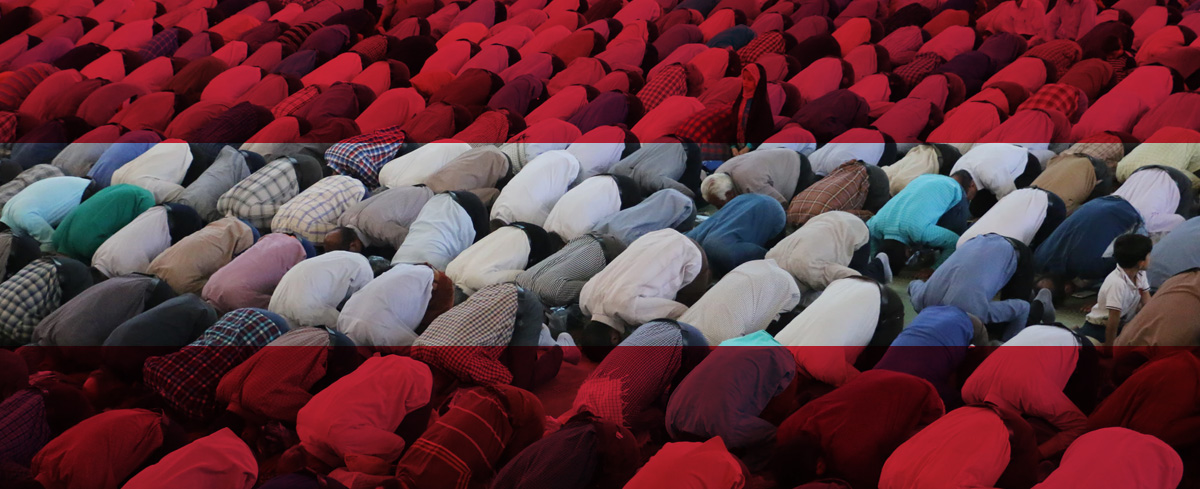Defaming Mohammed exceeds the limits of free speech, “goes beyond the permissible limits of an objective debate” and “could stir up prejudice and put at risk religious peace,” the European Court of Human Rights ruled on Thursday.
The ruling came after the seven-judge panel upheld an Austrian court’s decision to convict a woman for calling Mohammed a paedophile.
The 47-year-old woman from Vienna, known only as Mrs S, reportedly held two seminars titled, “Basic Information on Islam,” in which she detailed the marriage between Mohammad and his six-year-old wife, Aisha.
According to reports, Mrs S told her class that Mohammad “liked to do it with children,” and asked “What do we call it, if it is not paedophilia?”
A Vienna Regional Criminal Court convicted Mrs S in February 2011 for disparaging religious doctrines. The court ordered her to pay a fine of €480 along with the cost of proceedings.
After subsequently having the case thrown out by both the Vienna Court of Appeals and Austria’s Supreme Court, the European Court of Human rights upheld the conviction, saying they had carefully balanced “her right to freedom of expression with the right of others to have their religious feelings protected.”
Mrs S had appealed to Article 10 of the European Convention on Human Rights (freedom of expression), saying the domestic courts had failed to address her statements in light of her right to free expression.
Article 10 – Freedom of expression states:
1. Everyone has the right to freedom of expression. This right shall include freedom to hold opinions and to receive and impart information and ideas without interference by public authority and regardless of frontiers. This article shall not prevent States from requiring the licensing of broadcasting, television or cinema enterprises.
2. The exercise of these freedoms, since it carries with it duties and responsibilities, may be subject to such formalities, conditions, restrictions or penalties as are prescribed by law and are necessary in a democratic society, in the interests of national security, territorial integrity or public safety, for the prevention of disorder or crime, for the protection of health or morals, for the protection of the reputation or rights of others, for preventing the disclosure of information received in confidence, or for maintaining the authority and impartiality of the judiciary.
The European Court of Human Rights, however, said there had been no violation of Article 10 because the statements went beyond the permissible limits of free expression. A statement from the ECHR reads:
“The Court found in particular that the domestic courts comprehensively assessed the wider context of the applicant’s statements and carefully balanced her right to freedom of expression with the right of others to have their religious feelings protected, and served the legitimate aim of preserving religious peace in Austria.
“It held that by considering the impugned statements as going beyond the permissible limits of an objective debate, and by classifying them as an abusive attack on the Prophet of Islam which could stir up prejudice and threaten religious peace, the domestic courts put forward relevant and sufficient reasons.”
The line between ‘hate speech’ and blasphemy laws is a fine line indeed.























